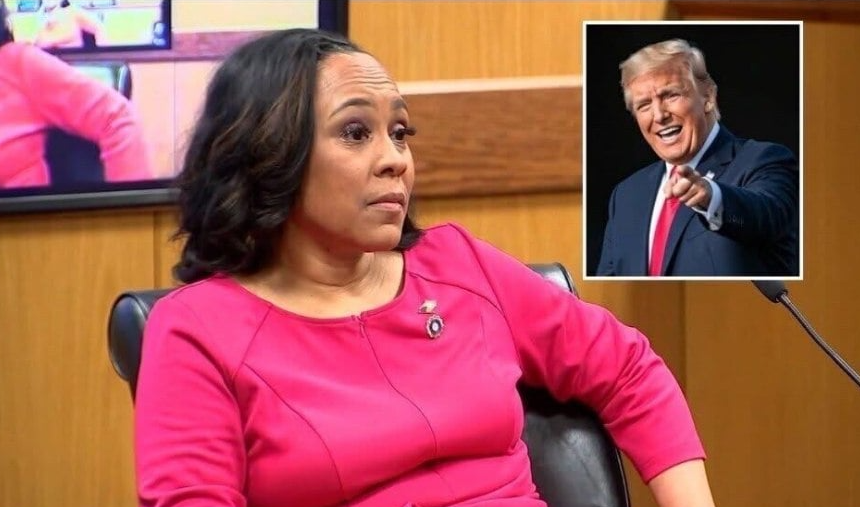Fulton County District Attorney Fani Willis has recently been ordered to pay over $54,000 in legal fees after being found in violation of Georgia’s Open Records Act. The dispute stems from Willis’ failure to provide requested documents to attorney Ashleigh Merchant, who represents Michael Roman, a co-defendant in the high-profile Trump election-related case. This case highlights the ongoing tension between government transparency requirements and prosecutorial discretion, drawing renewed attention to Willis’ handling of sensitive records and public requests.
The judge overseeing the case was highly critical of Willis’ office. The ruling accused her team of showing “open hostility” toward the attorney requesting the records and of acting in “bad faith” in their attempts—or lack thereof—to comply with the Open Records Act. According to the court, the behavior of the District Attorney’s office went beyond simple bureaucratic negligence and appeared to reflect a deliberate refusal to meet the public transparency requirements.
The financial consequences for Willis are significant, but this ruling is also damaging to her reputation at a time when her professional conduct is under close scrutiny, particularly with regard to the Trump election investigation. Earlier, Willis faced a major setback when a judge disqualified her from participating in the Trump case due to a previously undisclosed relationship with a special prosecutor involved in the investigation. This disqualification raised serious questions about potential conflicts of interest and the fairness of the proceedings.
In response to this disqualification, Willis has filed an appeal with the Georgia Supreme Court, hoping to overturn the ruling and regain her authority to participate in the investigation. Her appeal has become a focal point in the public debate surrounding accountability and ethical standards within the legal system. Legal experts suggest that the combination of the Open Records violation and conflict-of-interest concerns could have long-lasting effects on Willis’ career and the broader public perception of the Fulton County District Attorney’s office.
This situation serves as a cautionary example for government officials who handle sensitive information, especially in politically charged cases. Failing to comply with transparency laws, particularly when combined with conflicts of interest, can damage public trust and expose officials to both financial penalties and professional criticism. As the Georgia Supreme Court considers Willis’ appeal, the future of her involvement in the Trump-related investigation remains uncertain.
